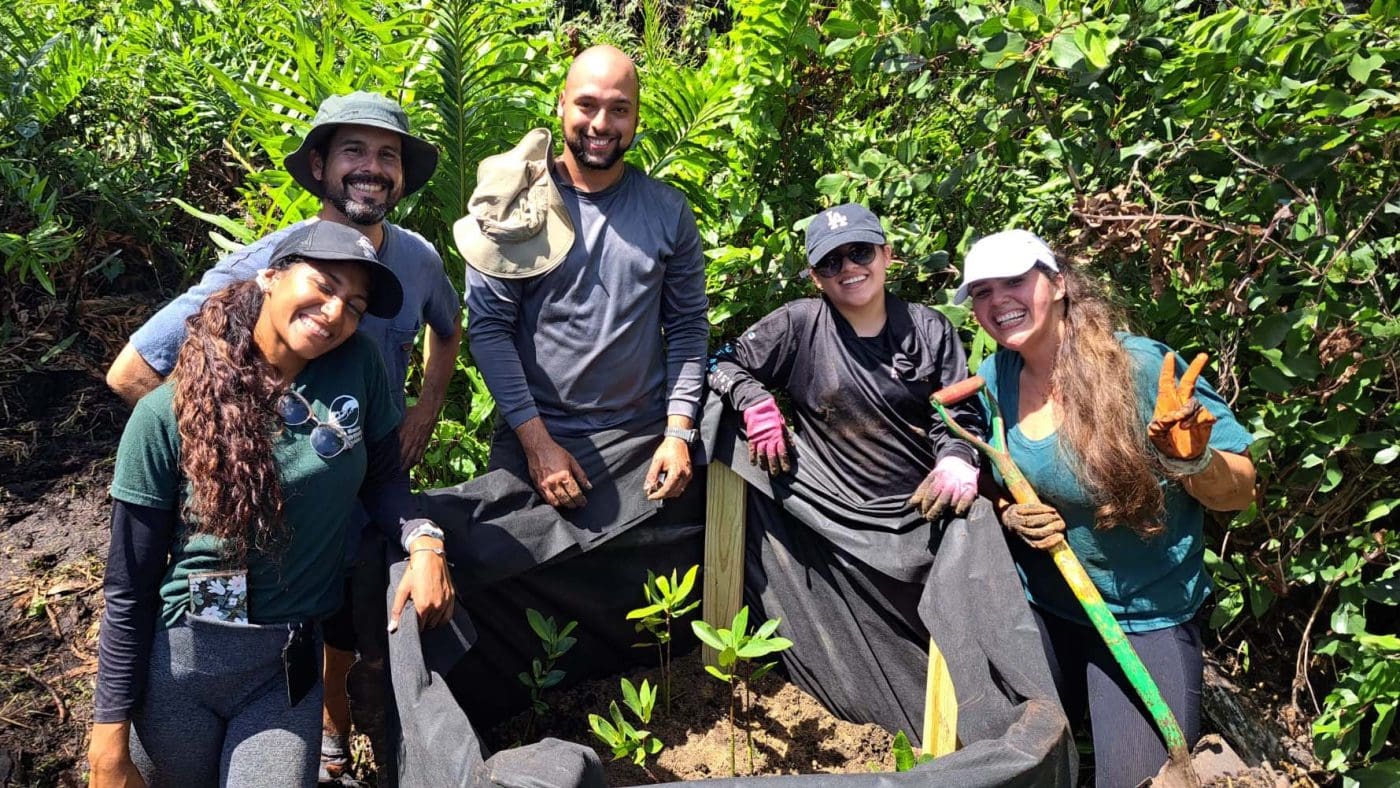Civic science creates and applies scientific methods through collaborative models between professional scientists and the general public. We invite you to participate in our activities.
Civic science creates and applies scientific methods through collaborative models between professional scientists and the general public. The goal of the Certification for Citizen Scientists is to promote personal and social growth among the participants, while establishing sustainable links between individuals, groups, and institutions and addressing the complicated and interdisciplinary efforts of environmental protection.
The Certification for Citizen Scientists includes four modules:
- Water Quality Monitoring
- Bird Census
- Identification and Reduction of Micro-plastics
- Coastal Resilience
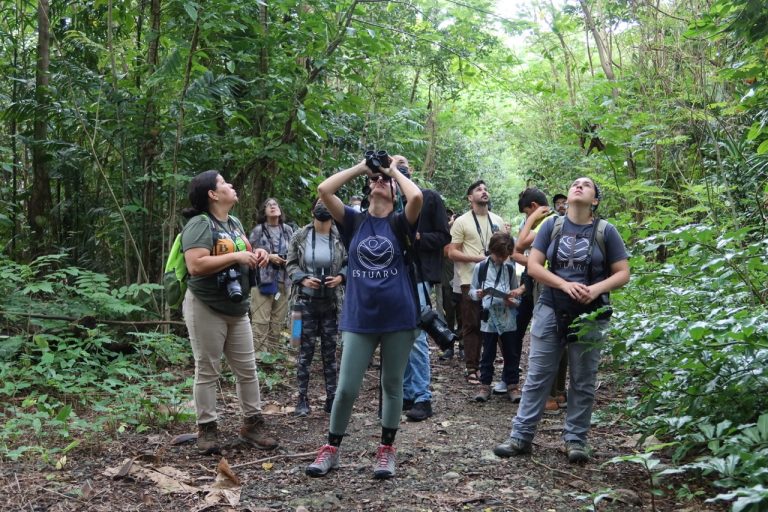
Steps to Obtain the Certification:
- Choose the module you want to be certified in.
- Participate in the introduction workshop and the thematic workshop for the module of your choosing.
- Participate in field trips and complete the required hours from your selected module.
The modules follow the same format, and you can obtain certifications from more than one module. However, the requirements completed in one module do not transfer to the others.
Volunteers must be at least 18 years old, and no previous experience is required– just the desire to learn, gain new skills, discover, and collaborate with the protection and management of the estuary. The certification calendar will be posted on our Facebook page.
For more information, call (787) 725-8165 or email: [email protected]
Scheduled events:
Water Quality Monitoring Module
Presents the basic concepts of analysis of water quality parameters, to determine the current conditions of the ecosystems of the San Juan Bay Estuary basin.
- Introductory workshop: Water Quality Monitoring
- Elective workshop: Bacteriological Analysis
- Field work: Two field trips
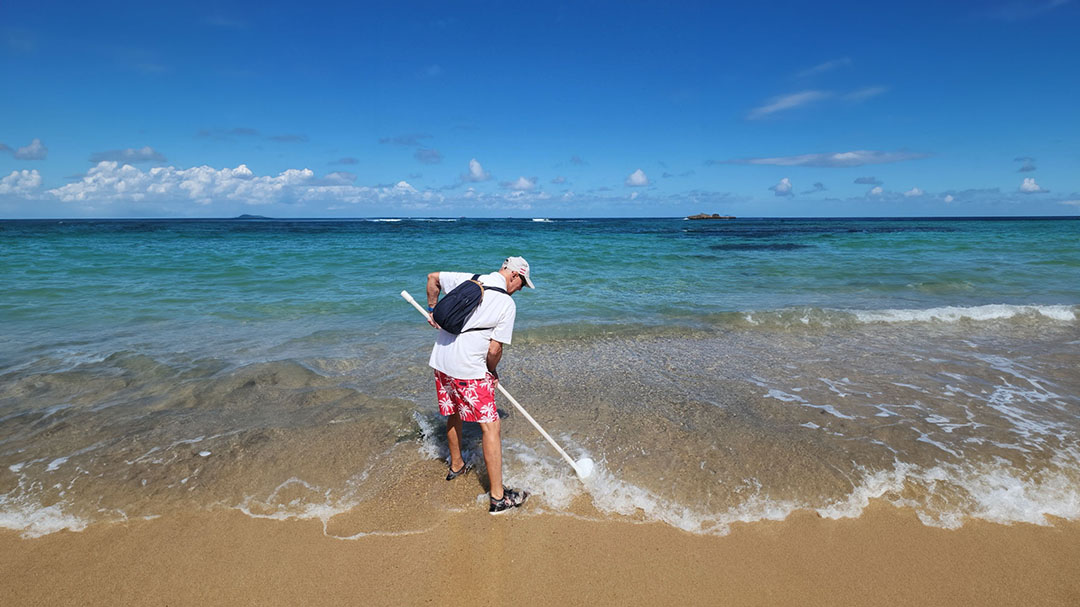
Participatory Bird Census Module
Introduces the basic concepts of bird identification, as well as the techniques, tools, and technologies used to carry out bird censuses in the various ecosystems of the San Juan Bay Estuary basin.
- Introductory workshop: Participatory Bird Census
- Elective workshop: Introduction to eBird
- Field work: Two field trips
Download the eBird usage guide HERE.
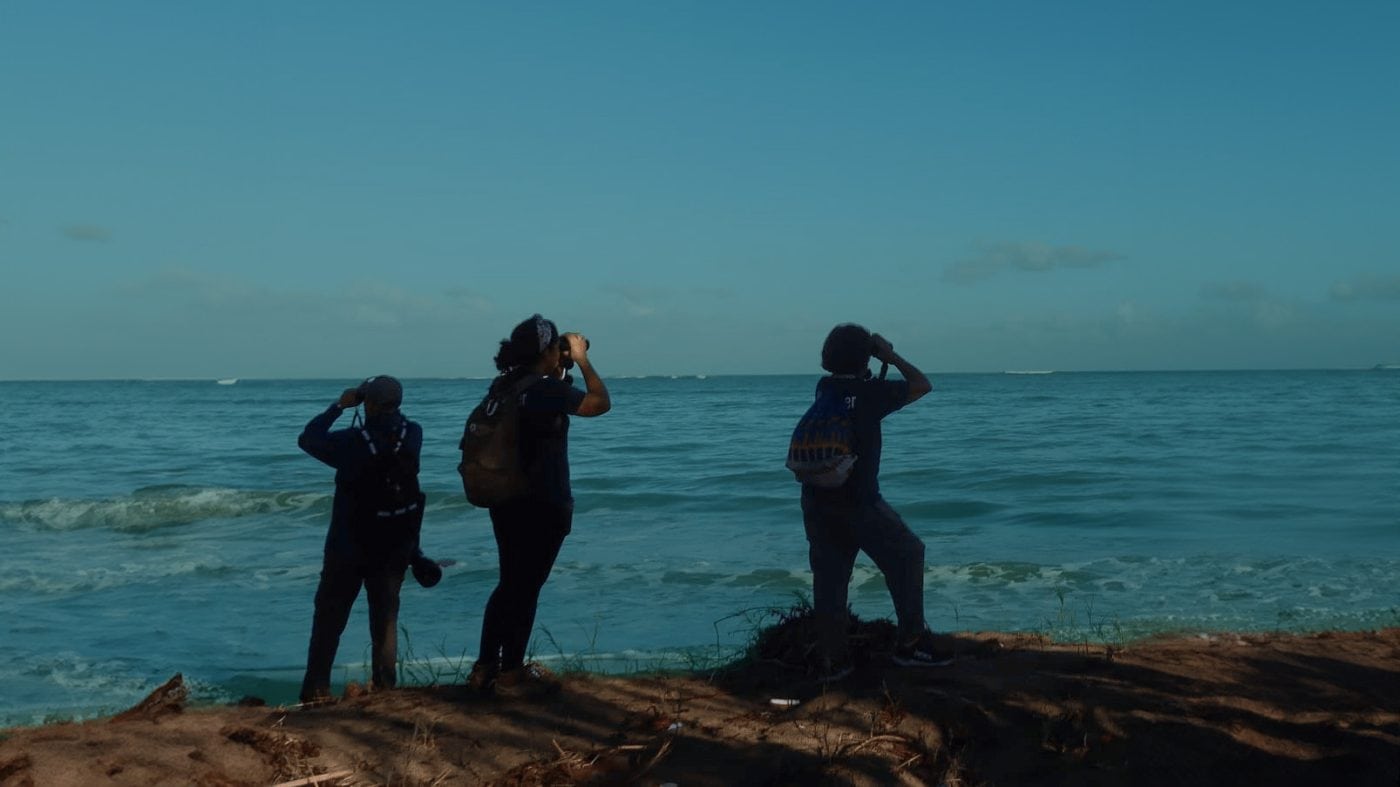
Characterization and Reduction of Microplastics Module
Demonstrates the basics of identifying plastic particles in sand and water. In addition, it provides information on the techniques and resources available to sample microplastics in the San Juan Bay Estuary watershed.
- Introductory workshop: Introduction to Microplastics and Other Aquatic Debris
- Elective workshop: Microplastics Monitoring in Sand
- Field work: Two field trips
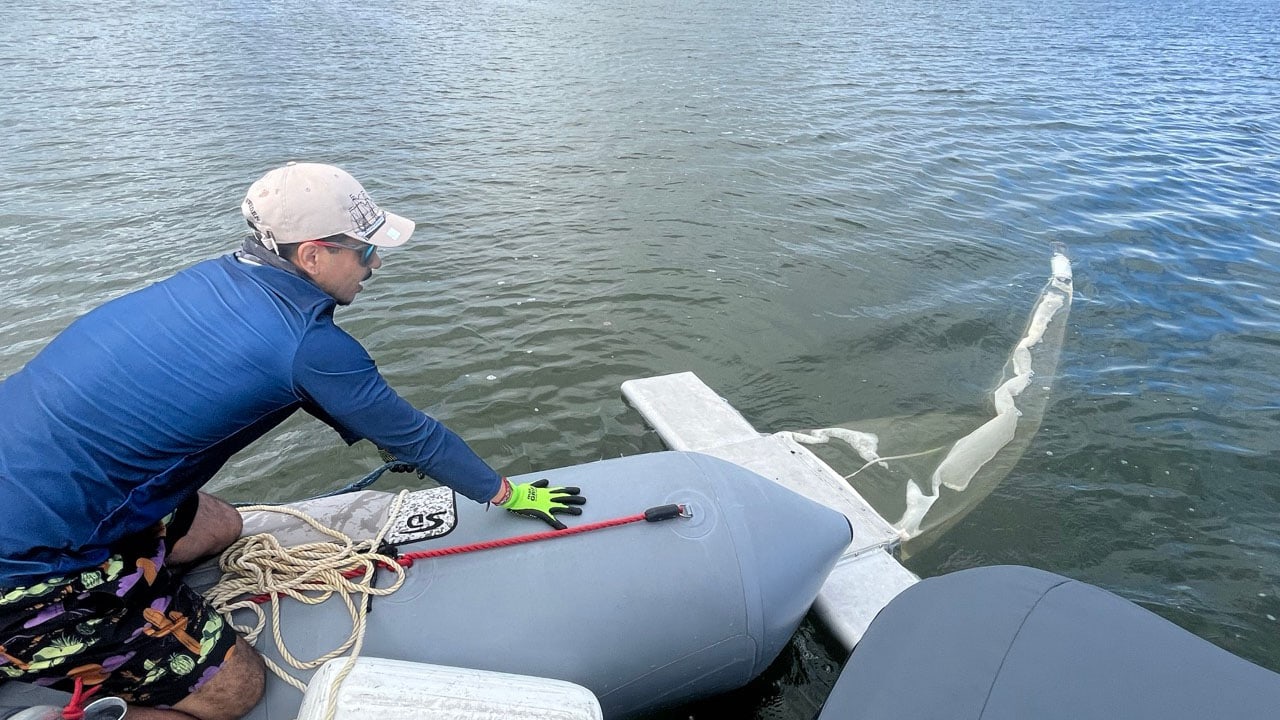
Coastal Resilience Module
Presents concepts focused on tropical coastal ecosystems in order to study the services they provide and their roles in socio-ecological resilience.
- Introductory Workshop: Coastal Resilience
- Thematic workshop according to selected theme/ecosystem:
- Coastal Restoration of Mangroves and Dunes
- Ecological Evaluation of Coral Reffs
- Ecological Evaluation of Seagrasses
- Ecological Evaluation of Marine Fish
- Field work: 2 field trips relevant to selected theme/ecosystem
